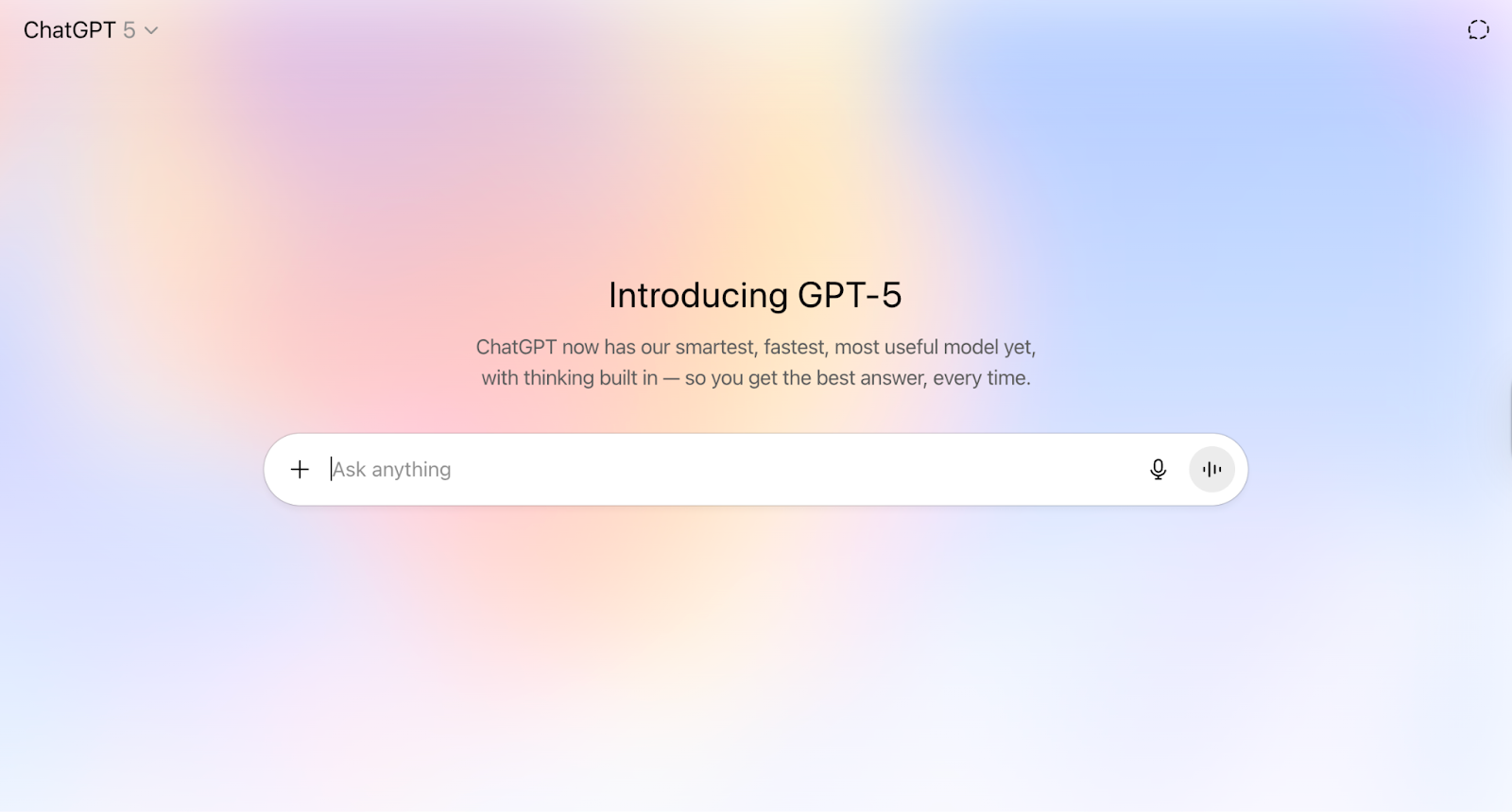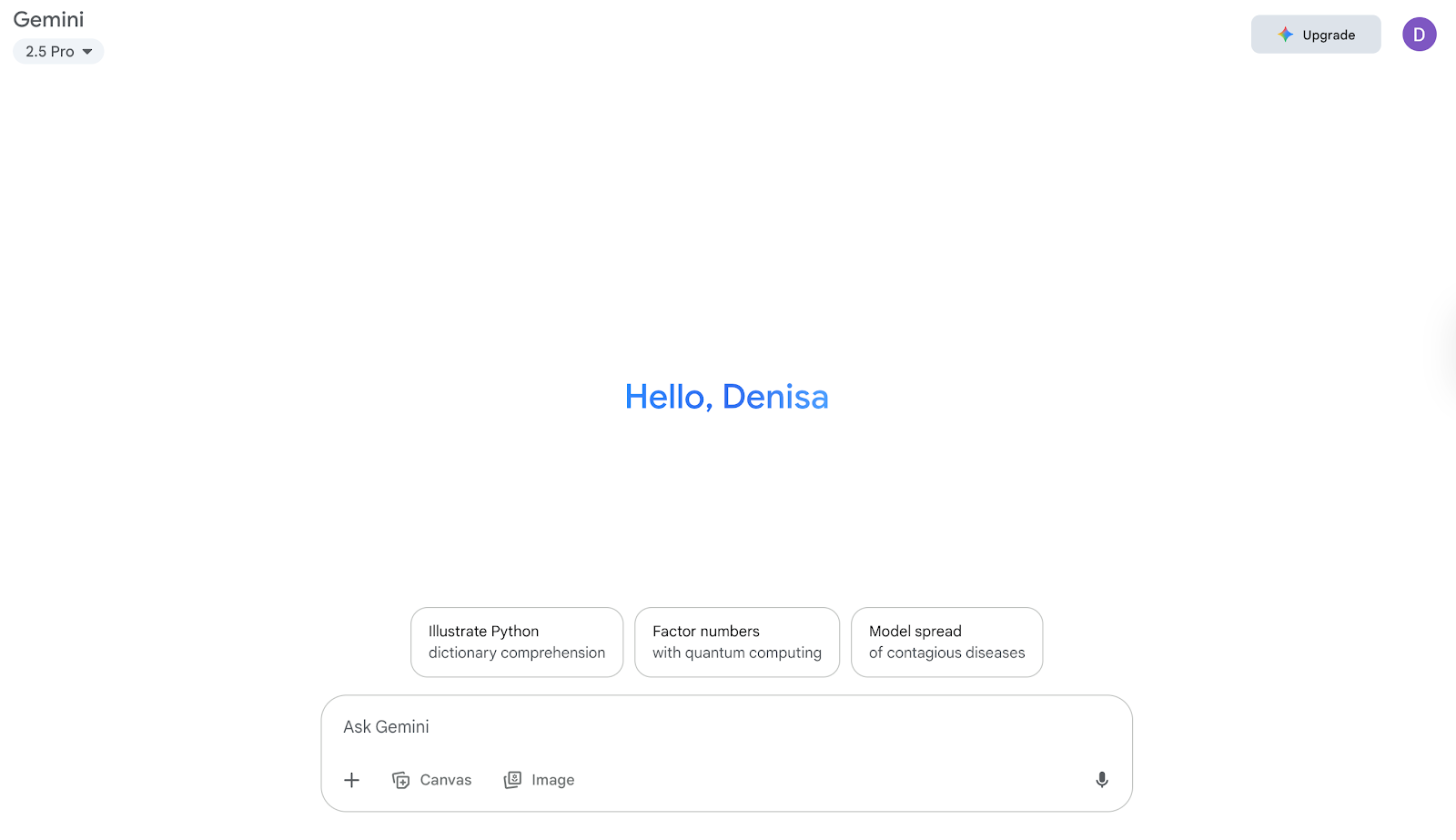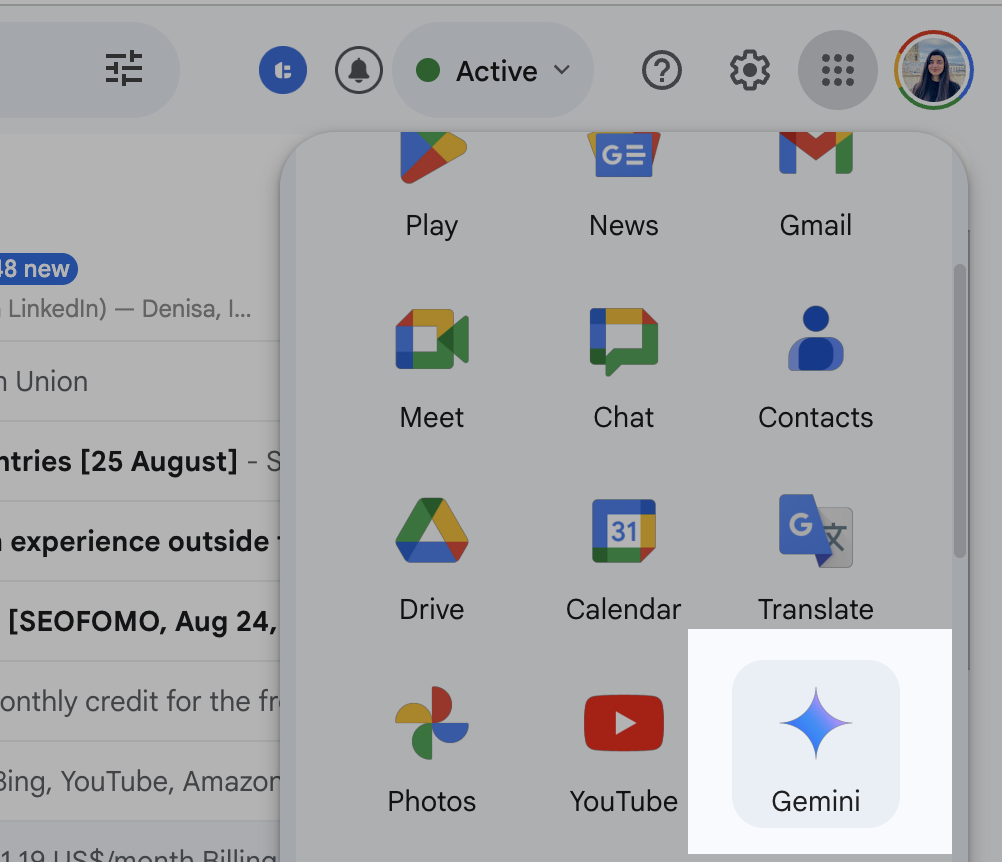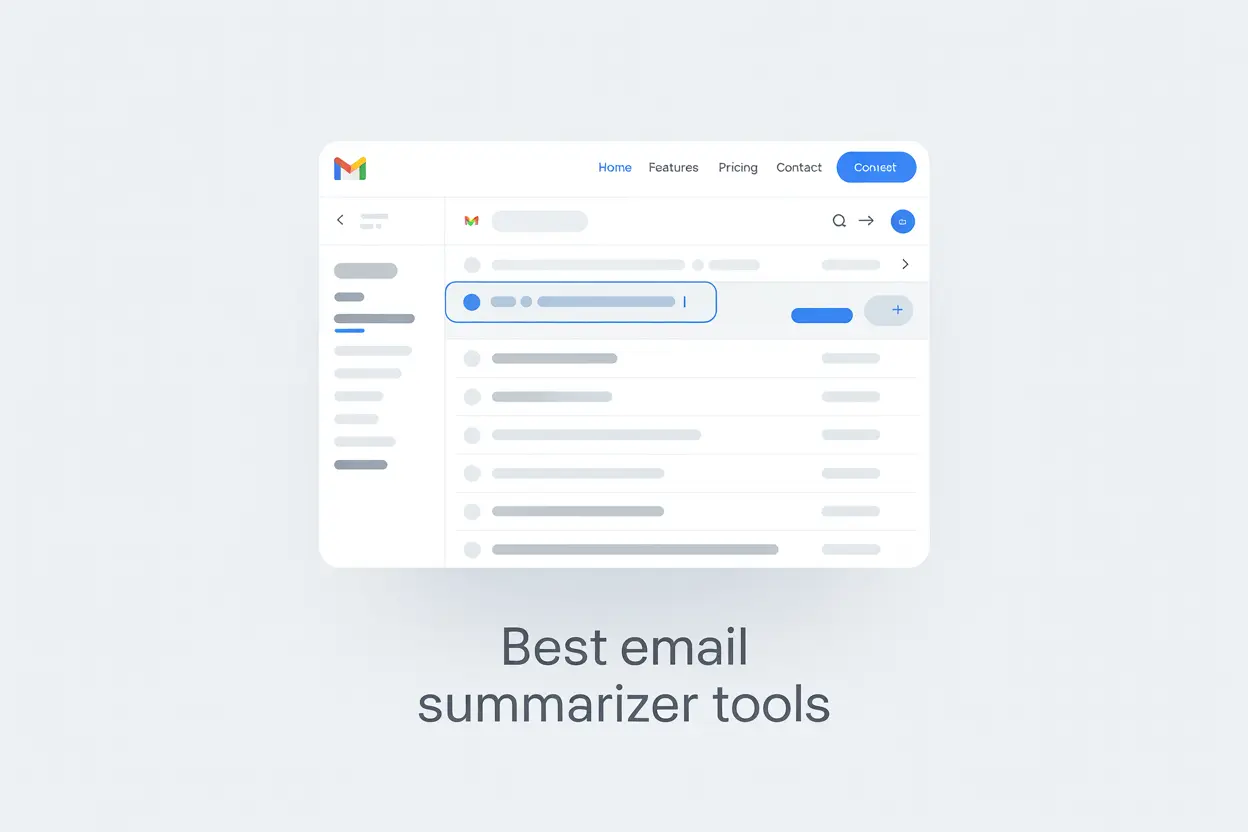Drowning in emails, but don’t have time to read them all? That’s exactly what email summarizer tools are built for.
Instead of digging through long threads, they pull out the key points so you can decide in seconds what actually matters.
The question is: which tool does it best?
In this article, I will compare ChatGPT, Gemini, and summary cards in Gmail, three different approaches to the same problem.
What Makes a Good Email Summarizer?
A good summarizing tool helps you manage emails, focus on important details, and save time on repetitive emails.
Here’s what to look for when comparing the best email summarizer tools:
- Accuracy of key points: The best summarizer tool should highlight the main points of an email message without skipping important details.
- Support for entire conversations: A good AI summary generator should capture the entire thread (not just the last reply).
- Customization options: Ability to control summary length, choose a preferred tone, or format into bullet points for a quick summary.
- Multi-language support: If you handle customer conversations across regions, the tool should support multiple languages.
- Ease of use & integration: It should work smoothly with your email client (Gmail, Outlook, Apple Mail) or integrate with your daily tools like Google Calendar.
- AI capabilities beyond summarization: The best AI assistants also help you write emails, tweak subject lines, or even generate content like responses and marketing emails.
- Plans & pricing: Many tools offer a free plan with basic features, while paid plans (like Pro Plan or Starter Plan) unlock advanced features such as AI support or full control over summaries.
3 Best Email Summarizer Tools
1. ChatGPT

With the release of ChatGPT-5, professionals are now using it daily, not only to write emails, but also to summarize long threads, draft business plans, or even generate content like reports and proposals.
What makes it one of the best email summarizer tools is that it’s free to start, and you don’t need to change your email client (Gmail, Outlook, or Apple Mail) to make it work.
How to use it for the best results:
- Ask it to summarize the entire email thread, not just the last reply.
- Request a concise summary in bullet points so you see the main points at a glance.
- Control the summary length (“1–2 sentences” vs. “short daily digest”) to match your workflow.
- Adjust the preferred tone: professional if you’re forwarding, neutral if it’s just for you.
- Go further: ask it to suggest follow-up emails or highlight important details so you don’t miss next steps.
Pros:
- Free to use; Pro Plan available with advanced features.
- Full control over the output thanks to generative AI capabilities.
- Supports multi-language conversations for international customer conversations.
- Can also handle repetitive tasks: rewriting emails, drafting subject lines, or creating marketing emails.
- Works with any email client (just copy-paste your message).
Contras:
- Not integrated directly into your inbox.
- Manual copy-paste required for longer threads.
- Free plan can feel slow during peak hours; paid plans are faster.
Best for:
Freelancers, consultants, and teams who want detailed summaries and full control over how they read and manage emails.
💡 We’ve also tested ChatGPT against Gemini as an AI email assistant. Check our breakdown on which one writes better emails.
2. Gemini

If ChatGPT is about flexibility, Gemini is about convenience. As Google’s AI assistant, Gemini lives right inside Gmail’s sidebar.
Click the Gemini icon and you can do more than just summarize: rewrite messages, draft replies, generate text, or even suggest follow-up questions.

In short, Gemini isn’t just a summarizing tool; it’s a full AI email assistant.
But one of its most useful features is summarizing long email threads on the same page where you manage emails, so you never have to leave your inbox.
How to use it for the best results:
- Use Gemini to get a concise summary of long email threads.
- Turn the summary into an instant email answer with its AI features.
- Test it on repetitive emails (like weekly reports).
- Ask it to highlight key insights or draft action points for you.
Pros:
- Direct integration into Gmail (no add-on setup if you have Gemini).
- Strong AI capabilities beyond summarization.
- Supports multiple languages.
- Great for email campaigns or customer conversations.
Contras:
- Requires a Gemini subscription (pricing starts around $20/month).
- Customization is more limited than ChatGPT.
- Only works inside Gmail (no Apple Mail or Outlook).
Best for:
Busy professionals who want a fast, AI-powered assistant inside Gmail to summarize, draft, and manage emails all in one place.
3. Gemini Summary Cards in Gmail
According to Google Workspace Updates, Gmail is rolling out Gemini summary cards, an AI-powered summarizer built directly into the Gmail app.
Don’t confuse this with Gmail’s older “summary cards” for package tracking or bills. These new cards actually generate a concise summary of long email threads and update automatically as new replies arrive.
Unlike the Gemini sidebar (which is interactive and can draft or rewrite emails), Gemini summary cards are automatic. They simply appear at the top of your conversation with the key points, no clicks or prompts required.
Right now, access is limited:
- Available for Workspace users only (Business Starter, Standard, Plus).
- Mobile only (Android + iOS Gmail app).
- English-only in this first rollout.
- Not yet available in personal Gmail or on desktop.
How to use it for the best results:
- Quickly scan newsletters or marketing emails for the important details.
- Use it on entire conversations with multiple replies to see what changed.
- Perfect for days when you don’t have time to read an entire email thread.
- You can also pair it with Gmail’s “Help me write” to expand the summary into a reply, similar to using AI rewrite prompts.
Pros:
- Free for Workspace users.
- Automatic. No clicks, prompts, or add-ons.
- Saves time by filtering unimportant emails.
Contras:
- Very limited rollout.
- No control over summary length or tone.
- Only summarizes, no extra AI support like rewriting or generating replies.
Best for:
Workspace users on mobile who want a zero-effort summarizer tool for a quick overview of their inbox.
ChatGPT vs Gemini vs Gemini Summary Cards in Gmail
Summarize Smarter, Track Better with MailTracker
Summaries help you understand emails faster, but what happens after you hit send is just as important.
With MailTracker, you can track up to 20 emails per month for free and see when your messages are opened.
If you need more, you can always upgrade to the Pro plan for $20/month to unlock unlimited tracking and link click tracking. Which is perfect for sales, client outreach, or any workflow where timing matters.
FAQs
How does artificial intelligence improve email summarizers?
Artificial intelligence allows a summarizing tool to quickly scan an entire thread, highlight important details, and generate a concise summary, so you save time on email campaigns.
What kind of user interface should a good summarizer tool have?
The best tools keep the user interface simple: one click for a quick summary, clear bullet points for key insights, and options to adjust summary length if the tool supports it.
Can I use Gmail’s summarizer with a free Gmail account?”
Not yet. Right now, Gmail’s AI summarizer is only available for Workspace accounts in the mobile Gmail app (English only). Personal Gmail users and desktop Gmail don’t have access yet.


